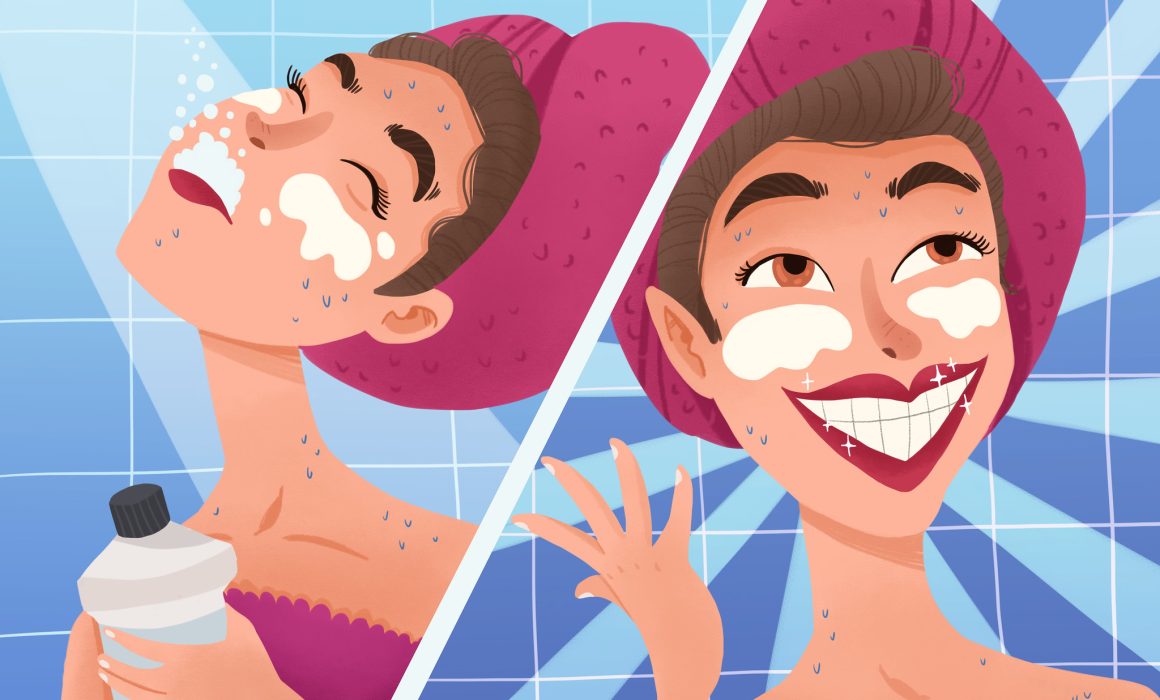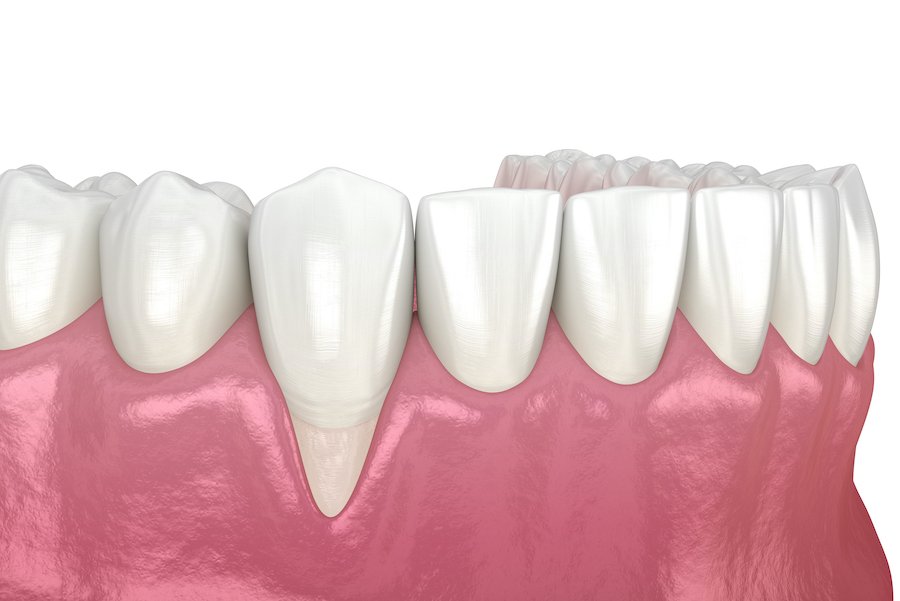At‑Home Holiday Smile Prep: Get Your Teeth Photo‑Ready
Holiday season means food, festivities—and family photos. Whether you’re attending gatherings or just hoping for a few frame-worthy snapshots, your smile will likely be front and center. With a bit of prep at home (and a little help from your dental team), your teeth can look their best before the cameras start clicking.
Keep the Basics Strong at Home
Start with a simple daily routine: brush twice a day with a soft-bristled toothbrush and fluoride toothpaste, and floss every evening. This keeps your teeth and gums healthy and helps remove surface stains that might dull your smile.
If you’ve been sipping more coffee or red wine lately (easy to do this time of year), follow with a rinse of water to prevent stain buildup. A whitening toothpaste can help lift light discoloration—just don’t expect dramatic results from over-the-counter options alone.
Time for a Cleaning? We’ve Got You Covered
Even the best at-home care can’t match the results of a professional cleaning. Plaque and tartar build up in hard-to-reach areas, dulling your smile and potentially causing gum inflammation. A pre-holiday visit to Serenity Dental Studio gives your teeth a fresh polish and helps you feel confident heading into photo season. Plus, our team can spot any minor issues before they turn into holiday-time surprises.
Want a Brighter Smile? Cosmetic Touch-Ups Available
If you’re hoping for a little more dazzle, we offer cosmetic treatments that can take your smile to the next level:
Professional Teeth Whitening — Far more effective than store-bought kits, our whitening options deliver noticeable results fast, whether you choose in-office treatment or a custom take-home kit.
ICON Treatment — Ideal for bright white spots or early enamel discoloration, ICON is a gentle resin infiltration that blends tooth color for a smoother look without drilling.
Veneers — For more dramatic transformations, veneers can reshape, brighten, and even out your smile in just a few visits.
If you’ve been feeling self-conscious about your teeth in pictures, a quick consult can help you explore these options and find what works best for your timeline and goals.
Your Smile, Camera-Ready in Frisco
At Serenity Dental Studio in Frisco, Dr. Rita Kengskool and her team are here to help your smile feel healthy, polished, and ready for the spotlight. Whether it’s a simple cleaning or a cosmetic enhancement, we’ll guide you through the right steps—so you can focus on enjoying the season and smiling with confidence in every photo.









